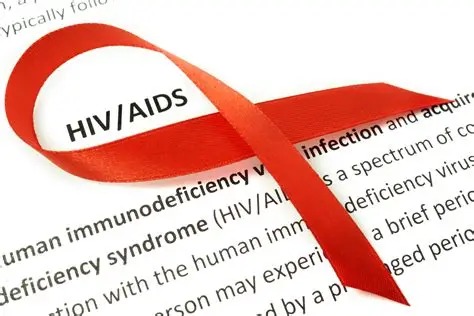HIV (Human Immunodeficiency Virus) remains one of the most misunderstood health conditions despite major advances in science, treatment, and public awareness. Unfortunately, stigma and fear still surround people living with HIV, largely because of misinformation about how the virus spreads.. . Continue..Reading. .
Many continue to believe that simply being close to, or interacting with, an HIV-positive person puts them at risk. The reality is very different—HIV does not spread through everyday social contact. Understanding what does not transmit the virus is a vital step in fighting stigma and promoting compassion.
1. HIV cannot be spread through casual contact. Simple acts like hugging, shaking hands, or sitting beside someone with HIV are completely safe. The virus is not airborne, meaning you cannot contract it by sharing the same room, toilet, or public seat.
2. HIV is not passed on by sharing meals or drinks. Eating together, using the same utensils, or drinking from the same glass poses no risk, as the virus cannot survive outside the human body and quickly dies when exposed to air.
3. Everyday bodily fluids like sweat, saliva, and tears do not carry enough of the virus to cause infection. This means activities such as kissing, playing sports, or even being near someone who is sweating heavily are safe.
Again, Another common myth is the fear of mosquito bites. Since mosquitoes feed on blood, many assume they can spread HIV. Scientific evidence confirms this is impossible: the virus cannot live or reproduce inside mosquitoes, so they cannot transmit it from one person to another.
Finally, sharing bathrooms, swimming pools, clothing, or household objects with someone living with HIV is entirely risk-free. Ordinary social contact does not spread the virus.
What actually carries enough of the virus to cause infection are only four fluids: blood, semen, vaginal fluids, and breast milk. Knowing this helps separate facts from fear.
In conclusion, HIV is not a disease to fear in day-to-day interactions. People living with HIV deserve acceptance, kindness, and dignity—not discrimination. By educating ourselves on what does not transmit HIV, we can break harmful myths, reduce stigma, and build a more compassionate and healthier societyIf You’re Reading From Phoenix Click On Read Original at the top To Read Full Article





